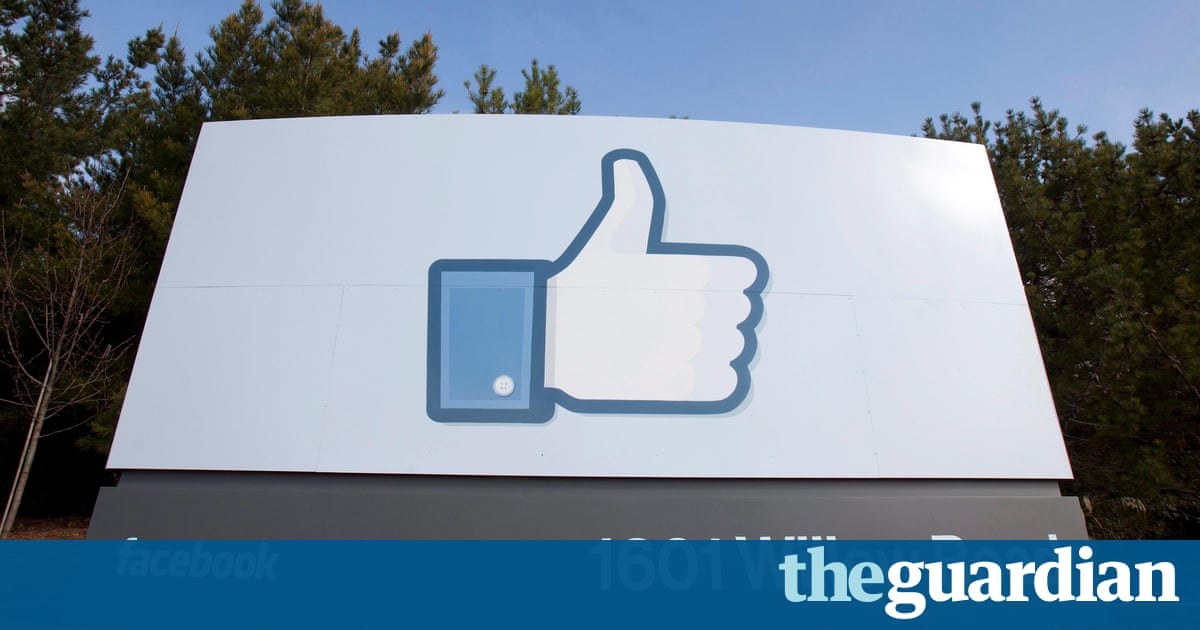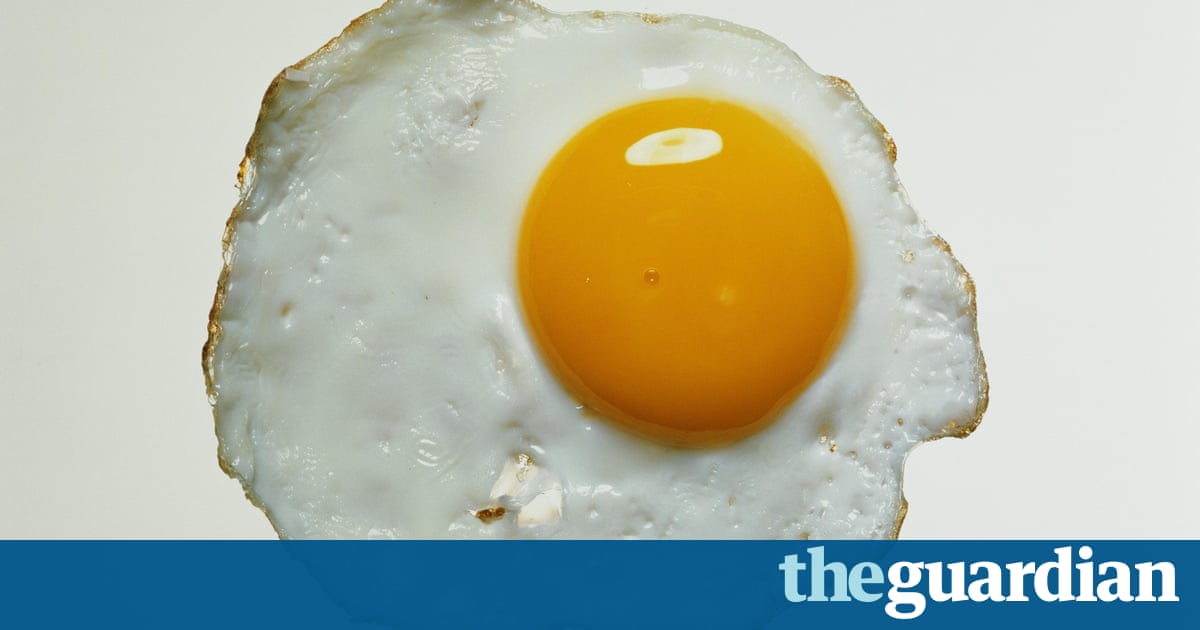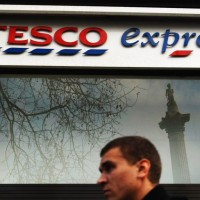Popole Misenga made it into the last 16 in the mens 90kg division, where he was beaten by the current world number one

For nearly 20 seconds, Popole Misenga refused to submit as he struggled to wrestle free from the devastating hold that was slowly hyperextending his elbow during Wednesdays judo competition. Around him, the crowd in the nearly full Carioca Arena 2 swelled. How much agony could he withstand?
Turns out plenty. The 24-year-old freed himself from the armbar and, with eight seconds left, hurled Indias Avtar Singh to the mat with a seoi-nage, or shoulder throw, for a yuko to seal an opening-round victory that meant something more.
Misenga and his fellow judoka Yolande Mabika from the Democratic Republic of the Congo are two of 10 athletes competing for the first Olympic refugee team, a group that includes two Syrian swimmers, five South Sudanese runners and an Ethiopian marathon runner athletes who would otherwise find themselves without a country and excluded from the Games.
Misenga and Makiba say they endured severe mistreatment by their coaches while competing for DRCs national team. They recall being denied food for days on end and locked into a cell after failing to win competition medals. When they travelled to Brazil for the world judo championships three years ago, the pair decided to flee the team hotel and take their chances on the streets of Rio without passports, money or food and to seek asylum.
When the International Olympic Committee announced the establishment of a refugee team as a way to shine a light on the worldwide refugee crisis, Misenga and Makiba were chosen. The teams emotional march into Maracan stadium at the end of Fridays opening ceremony ahead of the hosts Brazil represented one of the indelible moments of Rio 2016.
Misengas win on Wednesday took him into the last 16 of the mens 90kg division, where he faced the world number one, Gwak Dong-han of South Korea. Amid chants of Po-po-le! Po-po-le! from the crowd, Misenga lost by ippon on a sliding lapel strangle in the final minute. He said afterwards that he was proud to last more than four minutes against the reigning world champion and vowed to return to the Games to improve on his ninth-place finish.
Its an honour to be in the Olympics. I fought with a champion, said Misenga, who has not seen his family for 15 years but was confident they were watching back in DRC. Im just really happy to be here because everybody understands and knows about the refugee team, knows the refugee story. People around the world, theyre all watching this competition right now.
Mabika was forced to tap out of her opening round match in the womens 70kg division on Wednesday after Israels Linda Bolder put her in a triangle choke, but the 28-year-old was positively thrilled with her moment on the Olympic stage.
I felt perfect, she said. I entered the stadium to fight and I felt a lot of people calling me, encouraging me. I felt at home.
I feel that many people liked me. Im representing many nations and my victory is a victory for all refugees in the world. I lost, but Popole won his bout and so I am so happy. As we are a team, a team of many nations that are together.
When Im older, people will see my name in the books about Rio 2016 Olympic Games. My name, Yolande Bukasa, entered history.
Afterwards, Geraldo Bernardes, the four-time Olympic coach for the Brazilian national team who trains both judokas, beamed with pride.
They only had four months to train, the others had four years, he said. It was already the medal for me, the medal of my heart.










